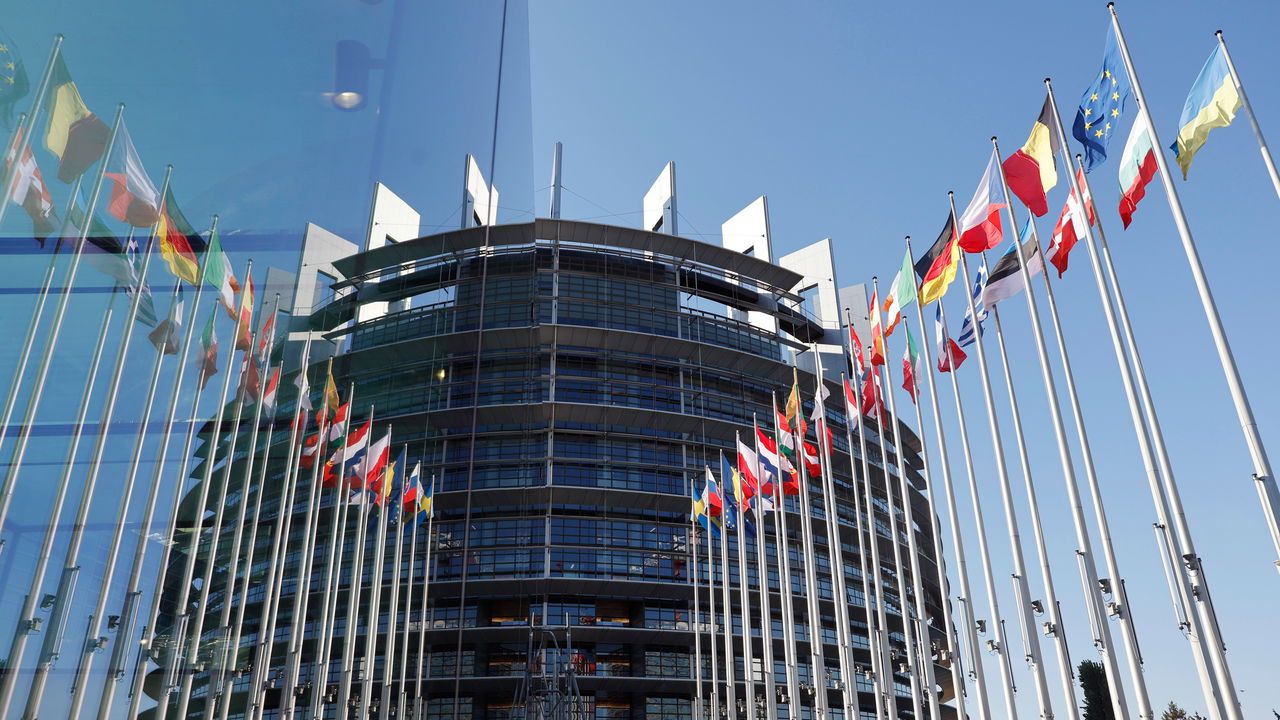How powerful is the European Parliament?
Upcoming elections show its growing clout

BETWEEN JUNE 6TH and 9th the European Union will hold an election for the European Parliament. The chamber has long had a reputation for toothlessness: critics have derided it as a “paper tiger” and a “Mickey Mouse” assembly. Most attempts to enact change, they say, get tangled in red tape. Yet the European Parliament has gradually become more powerful since its inception as a directly elected chamber in 1979. The outcome of the election will help to determine how the EU tackles a range of geopolitical problems, from the war in Ukraine to climate change. How does the parliament work and why does it matter?
More from The Economist explains

A short history of political meddling with the Federal Reserve
Donald Trump’s attacks on the Fed are a throwback to the era before central-bank independence

Could a waterspout have sunk a superyacht?
These columns of spray, in essence sea tornadoes, can be highly dangerous

What is a carry trade?
Borrowing cheaply to buy high-yielding assets is popular, but risky
The significance of liquid water on Mars
There could be an ocean’s worth deep underground
Why Russian troops are attacking on motorbikes
New conditions give rise to new tactics
What is “two-tier” policing?
The conspiratorial belief has spread online, fuelling disorder in Britain